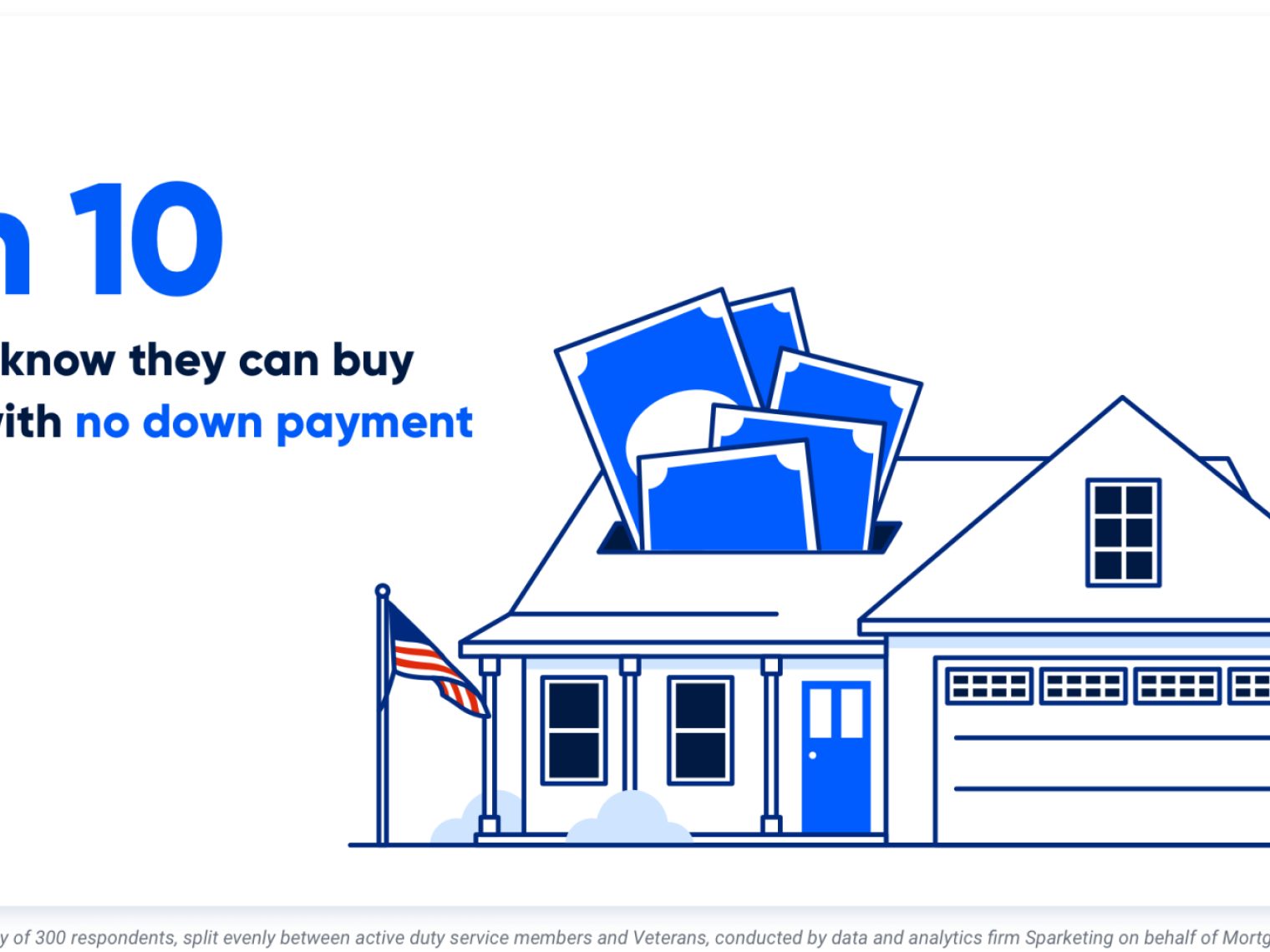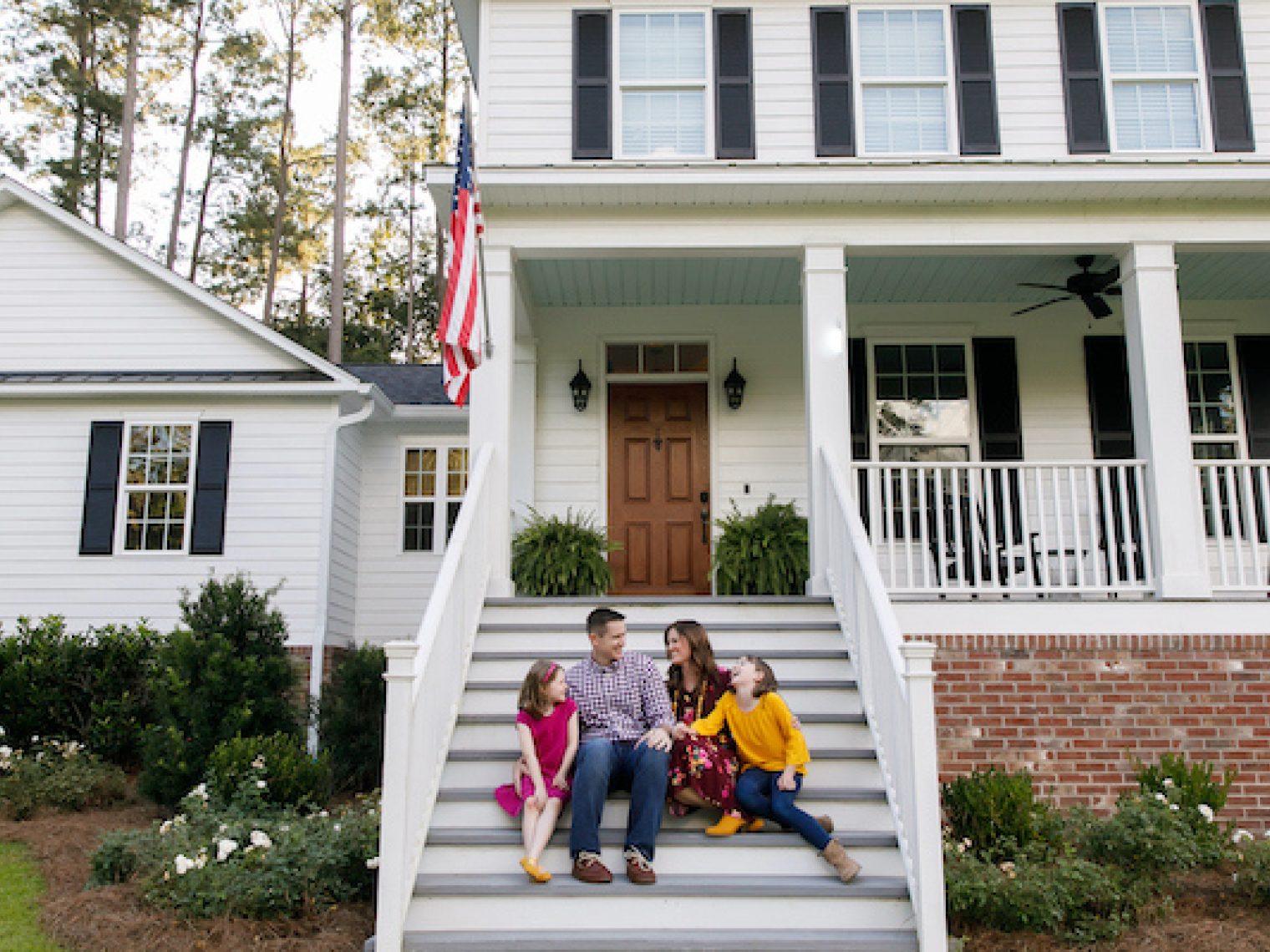- VA loans require homeowners to live in the home for at least 12 months before renting it out.
- Borrowers can rent out other units immediately if they occupy one in a multi-unit property.
- Renting out your VA-financed home can affect your VA loan entitlement.
Not everyone’s cut out to be a landlord. But if that’s on your radar, VA borrowers can use their benefit to purchase a home, live in it for a time, and then rent it out as an investment property. While many choose to reside in their purchased homes for extended periods, others see the opportunity for additional income and expanded property ownership.
At first look, VA loan regulations may appear to prohibit renting, but it is possible to rent out your VA loan-financed property under certain circumstances. It’s even possible to purchase a new home with another VA loan while renting out your old property.
Can I Rent Out My VA Loan Home After a Year?
According to VA occupancy requirements, the buyer must occupy the residence within 60 days and use it as their primary residence. Generally, homeowners are expected to occupy the property for at least 12 months. After a year, it is permitted to rent out the home.
However, there are specific scenarios where exceptions apply. For instance, if a Veteran purchases a multi-unit property with a VA loan and lives in one of those units, they're allowed to rent out the other units immediately, as long as they're occupying one of them.
VA Loan Rental Property Basics
When it comes to VA loan rental properties, there are some key points to keep in mind.
Once you fulfill the VA occupancy requirement, a perk of renting is that you don't need to refinance your current VA loan. This is a huge advantage since some refinance loans come with their own occupancy requirements and closing costs.
In addition, you will likely need to get a new homeowners insurance policy that reflects the fact that your home is no longer owner-occupied. Without making that change, the insurer could wind up denying any claims you make once you have renters in place.
There are other potential limitations to consider if you plan on keeping your old VA loan and obtaining a new one, particularly in relation to VA loan entitlement.
VA Entitlement and Renting
Veterans keeping their old property under a VA loan should know that they will not have the full reach of their VA loan entitlement when purchasing their next home. A portion of your entitlement gets tied up when you buy a home with a VA loan, and you cannot regain full access until you pay off the loan in full.
Buyers with partial entitlement may need to provide a down payment with their next VA purchase. There’s also a minimum loan amount of $144,001 in most cases.
Assessing your entitlement status usually requires a look at your Certificate of Eligibility and information about where you plan to purchase. While the VA’s loan limits no longer apply to borrowers with full entitlement, they play a key part in determining your remaining entitlement and how much you can borrow before needing a down payment.
Veterans wanting to avoid a down payment or other limitations can refinance their VA loan, repay the original loan in full and fully restore their VA loan entitlement. But if you’re still planning to hold onto the home you purchased with a VA loan, there’s a catch.
How To Restore Entitlement When Keeping the VA Property
Fully restoring your entitlement in situations like these is a one-time deal. Normally, the only way to fully restore entitlement is to repay the old loan in full and get rid of the property by selling. Under what’s known as one-time restoration of entitlement, Veterans have one opportunity to fully repay a loan and keep the property instead of selling it.
Getting your full entitlement back means being able to purchase without a down payment. But invoking the one-time restoration carries an additional consideration: If you ever want to restore any of your entitlement again, you’ll first have to get rid of every property you purchased with a VA loan.
VA Loan Rental Income Guidelines
One of the big attractions of turning your primary residence into a rental is generating rental income.
But you might not be able to count the future rental income you expect, even if you have a renter lined up and you’re ready to close on your next purchase.
You might need at least a two-year history of receiving rental income (as documented on your income taxes) to count it as effective income toward mortgage qualification. That’s obviously all but impossible when you’re first looking to convert a primary residence into an investment property.
The good news is that projected rental income could still prove helpful. Some lenders might treat it as an offset, meaning the rental income could cancel out the mortgage payment as a monthly debt.
Generally, this can be an option if you:
- Rent out your old home within a year of vacating it as your primary residence
- Have a renter locked into a long-term lease
- Have sufficient cash reserves
Every buyer's situation is different. A Veterans United VA loan expert can go over all of our rental income guidelines and give you a clear picture of what's possible.
Wrapping Up
Using a VA loan to purchase a home and later turning it into a rental property can be a viable financial strategy for Veterans. It's important to note the benefits and limitations of renting with a VA loan to ensure you are well-informed before proceeding with this investment route.
If you have questions about rental properties and VA loans, talk with a Veterans United VA loan expert at 855-259-6455 or get started online today.
How We Maintain Content Accuracy
Our mortgage experts continuously track industry trends, regulatory changes, and market conditions to keep our information accurate and relevant. We update our articles whenever new insights or updates become available to help you make informed homebuying and selling decisions.
Current Version
Feb 12, 2025
Written ByChris Birk
Reviewed ByDon Wilson
Minor content updates and fact checked by underwriter Don Wilson.
Related Posts
-
 VA Loan Down Payment RequirementsVA loans have no down payment requirements as long as the Veteran has full entitlement, but only 3-in-10 Veterans know they can buy a home loan with zero down payment. Here’s what Veterans need to know about VA loan down payment requirements.
VA Loan Down Payment RequirementsVA loans have no down payment requirements as long as the Veteran has full entitlement, but only 3-in-10 Veterans know they can buy a home loan with zero down payment. Here’s what Veterans need to know about VA loan down payment requirements. -
 5 Most Common VA Loan Myths BustedVA loan myths confuse and deter many VA loan borrowers. Here we debunk 5 of the most common VA loan myths so that you can borrow with confidence.
5 Most Common VA Loan Myths BustedVA loan myths confuse and deter many VA loan borrowers. Here we debunk 5 of the most common VA loan myths so that you can borrow with confidence.


